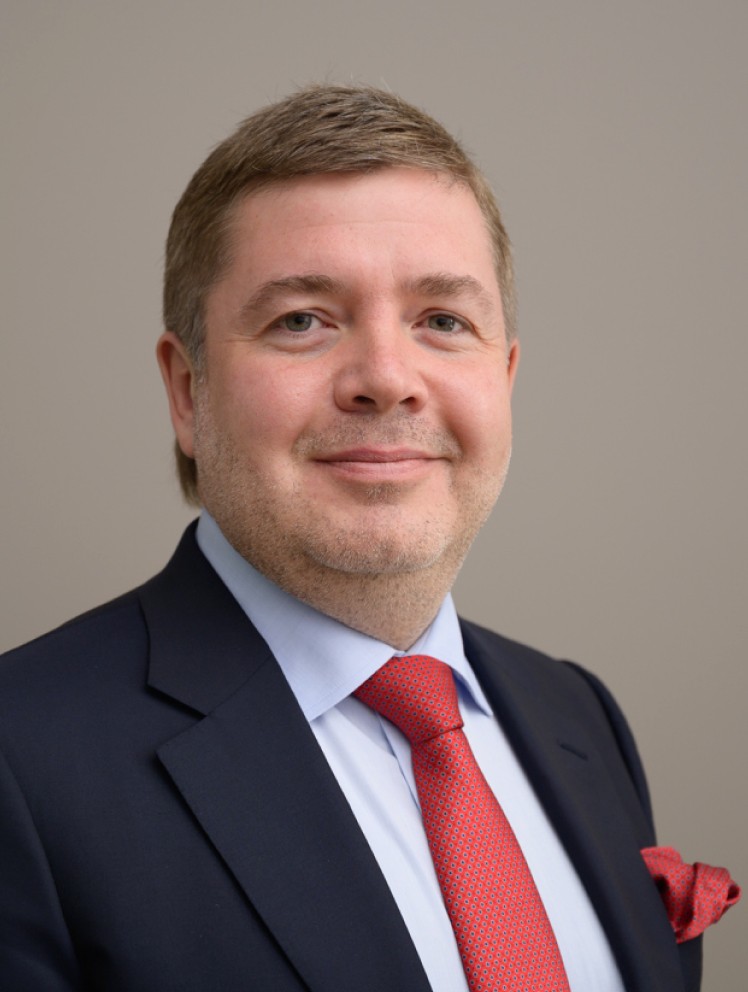Dmitry Magonya moderated a press conference on “The ways of solving the taxation problems of participants in the securities market”
On 30 May 2017, TASS, with the support of the Federal Chamber of Lawyers (FCL) of Russia and the Association of Regional Banks of Russia, held a press conference on the taxation of transactions in the Russian securities market.
Anatoly Aksakov, the president of the Association of Regional Banks of Russia and chairman of the Financial Market Committee of the State Duma, Yuri Pilipenko, the president of the Federal Chamber of Advocates, Imeda Tsindeliani, a candidate of jurisprudence, associate professor, and department chair of the Department of Financial Law of the Russian Academy of Justice, Olga Starovoitova, the chair of the NAUFOR Accounting and Taxation Committee, and Valery Vaysberg, the director of the Analytical Department of GC REGION, considered ways to solve the problems related to the taxation of income from equity securities, the interaction of market participants, and the need for full compliance with issuing and contractual documentation.
Dmitry Magonya, a member of the Council of the FCA and the managing partner of ART DE LEX, moderated the event.
The speakers observed that the problems related to the taxation of transactions in the Russian securities market are complex and relevant for all market participants (issuers, shareholders, investors, etc.), especially considering the constantly changing Russian legislation regarding the taxable base.
As moderator of the event, Dmitry Magonya explained that, given the growing demands for raising both equity and debt through bonds, the need to understand the requirements for issuing equities is particularly important. “The existing regulatory and tax problems require the active input of regulators, industry associations, and market participants, specifically banks and other professionals,” according to Magonya.
Anatoly Aksakov stressed the urgency of the issue, noting that the stabilization of the Russian economy, which began in 2016, caused a sharp increase in demand for both joint-stock and debt (bonded) capital. “At the same time,” he noted, “predictions are that there will be increased needs for Russian businesses to attract financial resources for the implementation of new projects.” Anatoly Aksakov announced his readiness to continue the dialogue with the Association of Regional Banks and the Committee on Financial Markets of the State Duma of the Russian Federation.
A special site has been created for an online discussion of this topic: www.lawyersinitiative.com

